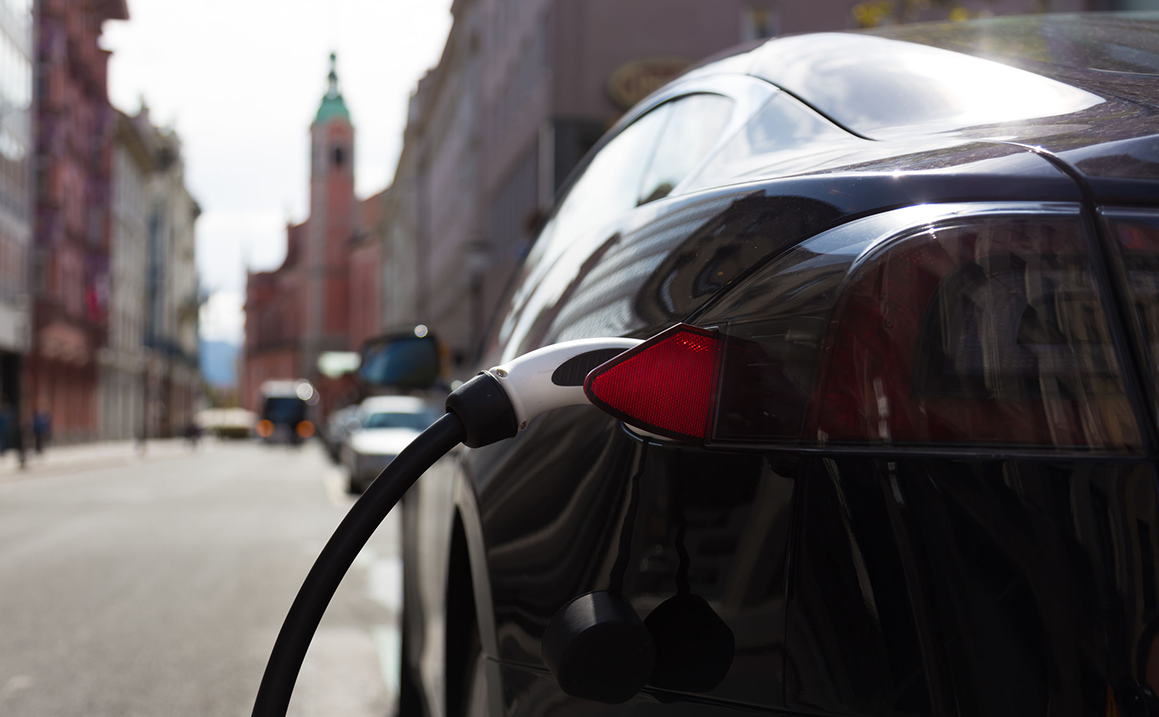How will planning support zero carbon transport?

As the Government announces that plans banning the sale of new petrol, diesel or hybrid cars will be brought forward from 2040 to 2035, Cogeo have considered some of the challenges that Policy-makers and Developers will face.
It is now widely reported that 'charge point anxiety' has replaced 'range anxiety' as the major concern for people considering swapping to an Electric Vehicle (EV). In other words, people are confident they'll have enough charge to reach their destination, but are concerned they won't be able to re-charge their car for the return journey.
Whilst the UK does boast over 28,000 charge points, the realities for many people day to day don't necessarily equate to an easy transition to an EV. Current policies and guidance for housing often provides only 1 parking space per property, with many modern estates having communal car parks rather than private driveways. Many towns and cities too have areas where on-street parking is the only option for residents.
Current legislation requires off-street parking to allow an EV charging unit to be installed. With the number of 2 car households increasing by 541,600 to 7,618,800 in 2017, current policy may not align with the infrastructure requirements.
For commercial premises the challenge is similar. Increased second car ownership is directly linked to a requirement to commute. How then do workplaces, particularly those where the number of employees with cars is greater than the number of parking spaces, ensure staff can charge their vehicles? What about leased premises, will the burden fall on Employers or Landlords to provide the necessary infrastructure?
Of course as technology improves these issues may lessen. It could be that hydrogen replaces petrol on forecourts, or superfast chargers can replenish batteries in the time it currently takes to fill a diesel tank. Public transport improvements must also be part of the wider thinking to reduce the number of vehicles on UK roads, with joined up infrastructure needed to make it a more appealing way to commute than by car.
However, with the International Energy Agency recently reporting that SUV ownership may outweigh the current uptake in EVs, the time to address the infrastructure issues is now. The questions for Policy Makers will be familiar; to facilitate the change do they use the carrot or the stick?
